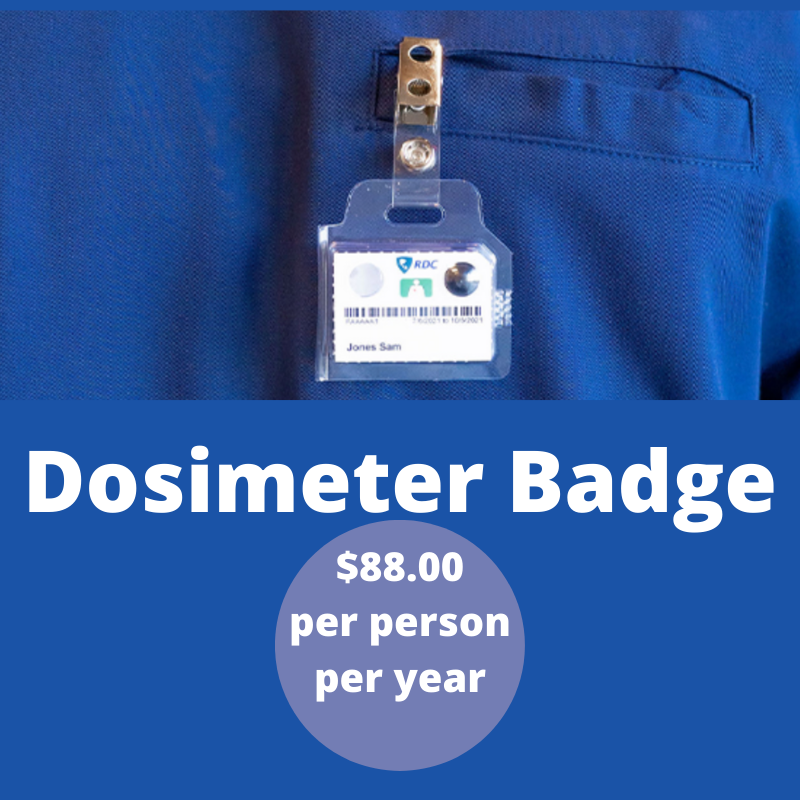On-the-Go Care: The Significance of Mobile Websites for Vets
/Google, Bing, and other search engines highly value mobile-friendly websites.
In the world of veterinary care, accessibility and convenience are paramount.
As the digital landscape evolves, the significance of a mobile-friendly website for veterinary hospitals, clinics, or mobile veterinary services cannot be overstated.
These platforms serve as the virtual front door for clients, offering an introduction to the services provided, and making a lasting first impression.
Today, let's dive into why a mobile-responsive website is a game-changer for veterinary practices and how it plays a pivotal role in serving both pets and their owners.
Anywhere, Anytime Access
A mobile-friendly website ensures pet owners can easily access crucial information on their furry friends' healthcare no matter where they are or what device they're using.
Whether it's a computer, tablet, or smartphone, the website should seamlessly adapt to the screen size, ensuring a smooth and intuitive user experience.
This adaptability is crucial in today's on-the-go society, catering to the busy lifestyles of pet owners who are always on the move.
Early Bird Gets the Worm
Starting a website early not only establishes a strong online presence but also allows for ample time to optimize and refine the platform.
This early start enables better visibility on search engines like Google or Bing.
Keep in mind that search engine indexing takes time, and the sooner the website is up and running, the better. Patience is key in the online world, and an early start will pay dividends in the long run.
Pet-Friendly Digital Experience
Imagine the frustration of trying to navigate a website on a smartphone that isn't mobile-friendly.
For pet owners seeking quick information or emergency services, a non-responsive site can be a significant deterrent. A mobile-friendly website not only retains visitors but also creates a positive and memorable experience, reflecting the care and dedication the veterinary hospital extends to both animals and their owners.
Search Engine Visibility and Accessibility
With an ever-increasing number of searches being conducted on mobile devices, having a website that's optimized for these platforms enhances its visibility and ranking in search results.
A mobile-responsive site not only reaches a broader audience but also contributes to improved search engine rankings, which are pivotal in attracting new clients.
Streamlined Communication and Appointment Booking
A mobile-friendly website offers features that streamline communication between the veterinary practice and its clients.
From appointment scheduling to inquiries about services, a responsive website makes these processes effortless. Intuitive contact forms, clickable phone numbers, and instant access to information ensure a smooth flow of communication, fostering trust and ease of interaction for both existing and potential clients.
Staying Ahead in the Digital Age
In an era where digitalization continues to reshape industries, a veterinary practice cannot afford to lag behind.
Embracing the potential of a mobile-responsive website establishes a practice as forward-thinking and customer-centric.
It's a powerful tool for staying ahead of the curve and demonstrating a commitment to excellence in both pet care and client experience.
Conclusion
The digital realm is ever-evolving, and in the veterinary world, a mobile-friendly website isn't just a luxury; it's a necessity.
The ability to access information, book appointments, and navigate a website seamlessly on any device is crucial in fostering trust, building relationships, and ultimately, providing the best possible care for our beloved furry companions.
So, to all veterinary hospitals, clinics, or mobile veterinary services out there, it's time to paw forward and embrace the mobile revolution for the betterment of pet care and client satisfaction.
For more information contact Brad Haven https://www.vetswebsite.com/





















